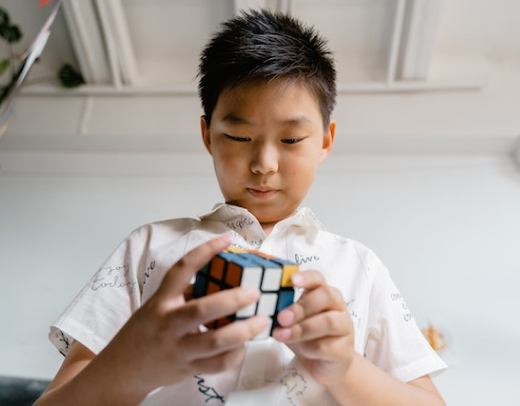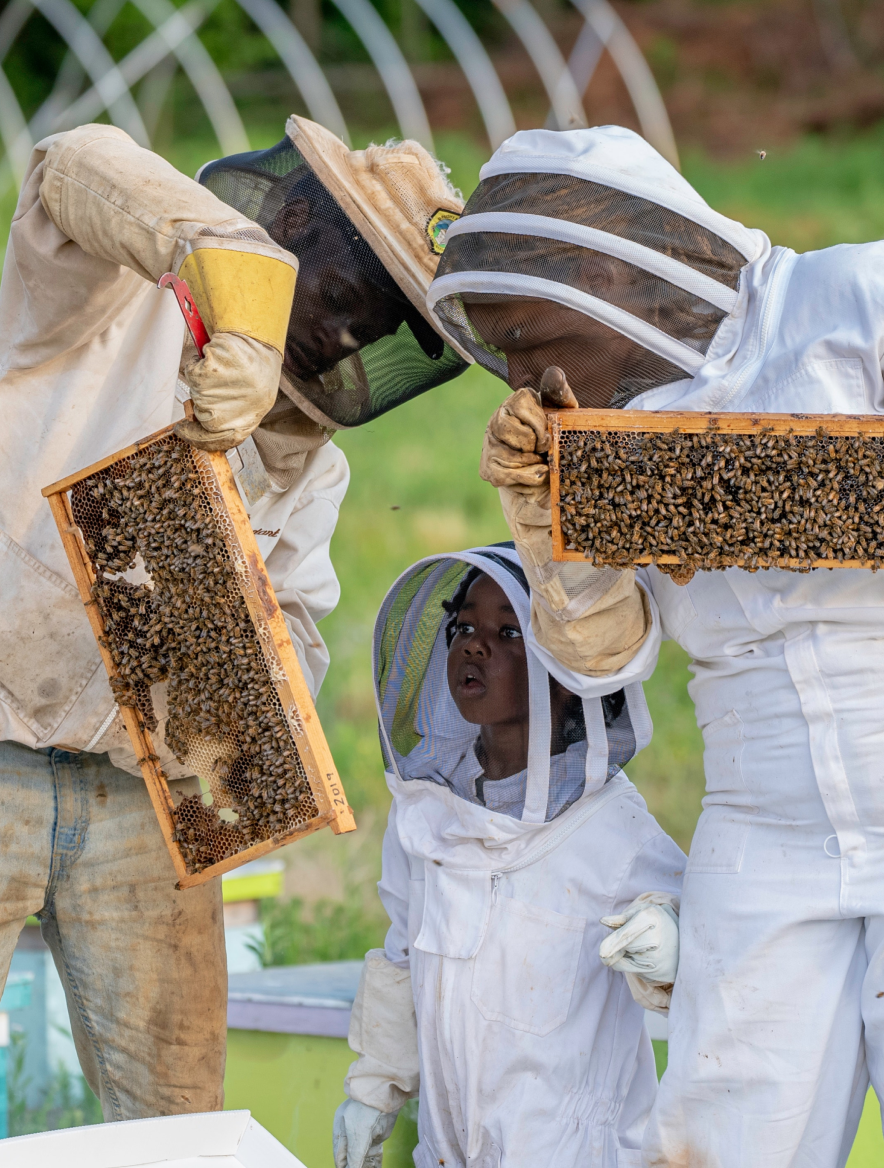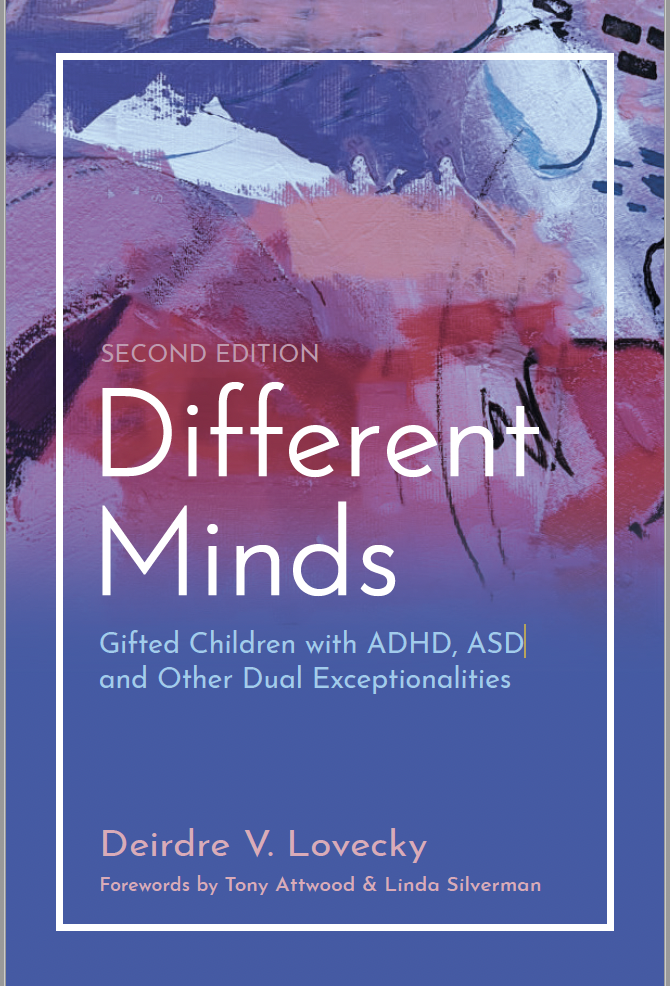The Gifted Resource Center of New England
Find the resources to help understand and parent your gifted child. Our resources and services are based on our 30 plus years of experience in working with gifted children, adolescents, and their families. Explore our website and contact us for more information.
Who We Are
At the GRCNE our mission is to help parents serve the needs of the whole gifted child. Because giftedness is more than an IQ score, and affects every aspect of a child’s being, we want to provide information about gifted children, services to assess gifted children, consultation on the intellectual, academic, behavioral, social, and emotional needs of gifted children and research and writing about different aspects of giftedness. Because it can be difficult to find accurate information and resources for gifted children, we endeavor to highlight not only our own research and writing but also that of other experts in the field.
What Makes Gifted Children Unique?

Gifted children experience the world from a totally different perspective than do average children. Not only do these children and adolescents have advanced ability to analyze and learn, they also have enhanced sensory experiences, boundless creativity, feel greater depths in emotions and often show greater degrees of empathy and compassion. Differences in social development are also apparent. Gifted children experience asynchronous development, that is, some areas are more advanced than others. Thus, many gifted children can be very mature at one moment but more their age or even below at other times, especially in emotional development. Understanding these unique characteristics is key to parenting, teaching, and counseling them.


Could My Child Be Gifted?

Gifted children can show advanced abilities and characteristics, many of which may be apparent from birth. These traits can point to giftedness even before the child is ready for school. Such characteristics as early alertness, early talking, creativity, interest in books and reading, early play with numbers, talent in music or art, and the asking of unusual questions can be indicators of giftedness. At older ages, use of intellectual and academic assessment can help pinpoint areas of cognitive strength and weakness as well as establish unusually high levels of giftedness. Try the checklist for Characteristics of Giftedness and other checklists in our Resources section.
How Can I Support My Gifted Child?

Finding available resources for your gifted child can be difficult. Your child may be in a school system that provides little or no support for their giftedness. If your child also has a disability, you may find neither their giftedness nor the disability is recognized or given accommodation in the classroom. Many gifted children find themselves bored and unhappy in school or are only there to be with friends while learning little. Based on your child’s level of giftedness, level of advanced academics or presence of a possible disability, you may find that you lack the information needed to advocate for better services. Through our assessment and consultation services as well as through the articles and research on this website we try to provide resources for you to use in advocating for your gifted child’s needs.

Articles by Dr. Lovecky
The ADHD Dog: Breed Characteristic or True Disorder?*
Harry the Difficult Dog I first became interested if dogs could have ADHD when I adopted my miniature poodle, Harry, as a rescue. At ten months old, he was a ball of energy and dysregulation. I thought he would get better with time, but nine months later, his behavior remained
Misperceptions About Giftedness and Diagnosis of ADHD and Other Disorders
This article was written as an attempt to counter various misconceptions about gifted children, and the likelihood of being diagnosed with a mental health disorder. There is a lot of information passed on through books, journal articles, websites and conferences that can lead to misconceptions. Parents, teachers and mental health
Can You Hear the Flowers Singing? Issues for Gifted Adults
There has been comparatively little focus in the literature on the characteristics and social and emotional needs of gifted adults. Using observational data, the author attempts to delineate some of the positive and negative social effects of traits displayed by gifted adults. Five traits (divergency, excitability, sensitivity, perceptivity, and entelechy)
New Book Launch: Different Minds

Different Minds: Gifted Children with ADHD, ASD, and Other Dual Exceptionalities, Second Edition is a totally updated version of the First Edition. With all new information, new anecdotes, updated research and extended suggestions for parents, teachers and counselors, this new edition explores the complexity of twice exceptional children in cognitive, creative, emotional, social, and moral realms. It also has separate chapters devoted to the gifted child, ADHD, ASD, and assessment. Due out in June 2023, order from Amazon, Barnes and Noble, your favorite independent bookstore or directly from Jessica Kingsley Publications (in the US go to https://us.jkp.com).


Services for Gifted Children

The Gifted Resource Center of New England offers assessment (intellectual, achievement, screening for ADHD, ASD, anxiety, depression, developmental coordination disorder); consultation (interpretation of psychological and neuropsychological report results, evaluation of further assessment needs, help determining enrichment and advancement needs, suggestions for environmental enrichment, homeschooling and parenting needs); and brief parenting sessions (5-10 sessions on topics related to giftedness and twice exceptionality).
Announcements
Identification, Assessment, Diagnosis, and Treatment of Gifted Children and Adolescents
For Psychologists, School Psychologists, Clinical Social Workers and Other Mental Health Professionals Deirdre V. Lovecky, Ph.D.; Elizabeth Letsch, Ph.D. October, 25, 2024 9 am to 1 pm EST Via Zoom. 3.5 APA CE Credits Register: http://www.ripsych.org/events THE WORKSHOP Starting from the early part of the last century, research has shown
Reflections: The Reluctant Reader
When I was a child, my greatest joy on the first day of summer vacation was to head for the public library and get a stack of as many books as they would allow me to borrow. Then I spent as much as a week enjoying all these books before
